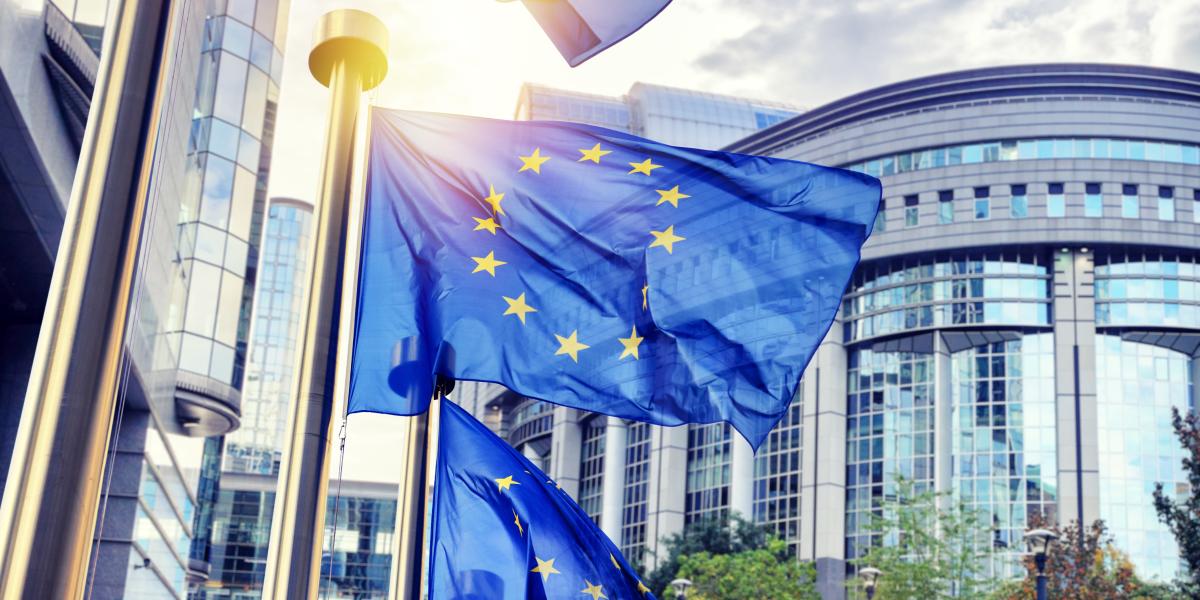You are here

(Editor’s Note: 3E is expanding news coverage to provide customers with insights into topics that enable a safer, more sustainable world by protecting people, safeguarding products, and helping businesses grow. Deep Dive articles, produced by reporters, feature interviews with subject matter experts and influencers as well as exclusive analysis provided by 3E researchers and consultants).
The European Commission (EC) on 15 March 2024 gave its much-awaited approval to the Corporate Sustainability Due Diligence Directive (CSDDD). The final Directive differs from the initial proposal due to legislative snags that caused multiple delays and created political drama, according to a Forbes report.
The legislation now heads to the European Parliament, where Parliament and the Legal Affairs Committee, commonly referred to as JURI, must approve it for it to take effect.
According to the EC, the aim of the directive “is to foster sustainable and responsible corporate behavior and to anchor human rights and environmental considerations in companies’ operations and corporate governance.” The goal of the new rules is to ensure companies address any adverse impacts of their actions, including those found in their value chains both inside and outside Europe.
The legislation originally sought to target companies with 500 employees and a turnover of €150 million, but fewer companies will now be affected after what Axel Voss, a member of the European Parliament for the Cologne/Bonn region (CDU), called an "absurd rollercoaster these past few weeks” in a LinkedIn post. Noting that the law will impact around 5,000 companies across the EU, Voss said the Directive was limited by the Council to companies with at least 1,000 employees and €450 million in turnover.
“This means that fewer companies will be affected than under the German Supply Chain Act, as it does not have a limit on turnover,” said Voss, adding, “The European law is also much more targeted in the supply chain due diligence process.”
Once adopted, the CSDDD will be phased in over a period of five years. It will apply to companies with 5,000 employees and €1,500 million turnover in three years, while companies with 3,000 employees and €900 million turnover will be impacted in four years. Companies with 1,000 employees and €450 million turnover will have to start adhering to the new rules in 5 years.
The high-rise sector has been excluded from the new deal. However, if the deal had proceeded as initially proposed, then the CSDDD also would have applied to companies that do not meet the current employee or turnover criteria but that operate in industries that face potential environmental or human rights violations within their supply chain.
The CSDDD calls for certain large companies in the EU to ensure that their business strategies are in line with the objectives of the Paris Agreement, which aims to limit global warming to 1.5°C. The requirements also extend to subsidiaries of EU-based companies. Moreover, non-EU companies doing business in the EU also would have to assume accountability for the actions of their suppliers, according to the report in Forbes.
The EC's approval of the CSDDD marks a watershed moment for the EU. The number of companies that the Directive will impact is estimated to be 30% of what was originally intended and will cover about .05% of the total number of businesses operating in the EU. Once adopted, Member States will have two years to transpose the Directive into national law and communicate the relevant texts to the Commission.
According to the EC, the new Directive will:
- Create a harmonized legal framework in the EU, creating legal certainty and a level playing field.
- Foster greater customer trust and employee commitment.
- Allow for better awareness of companies’ negative environmental and human rights impacts.
- Promote more effective risk management and adaptability.
- Increase attractiveness for companies for talent, sustainability-oriented investors, and public procurers.
- Support innovation.
- Potentially provide access to financing for companies meeting the requirements of the Directive.
-----------
About the author: Richa Satikumar is a news writer and editor. She joined 3E after a 10-year stint at S&P Global, where she covered the Real Estate desk.

 Top
Top